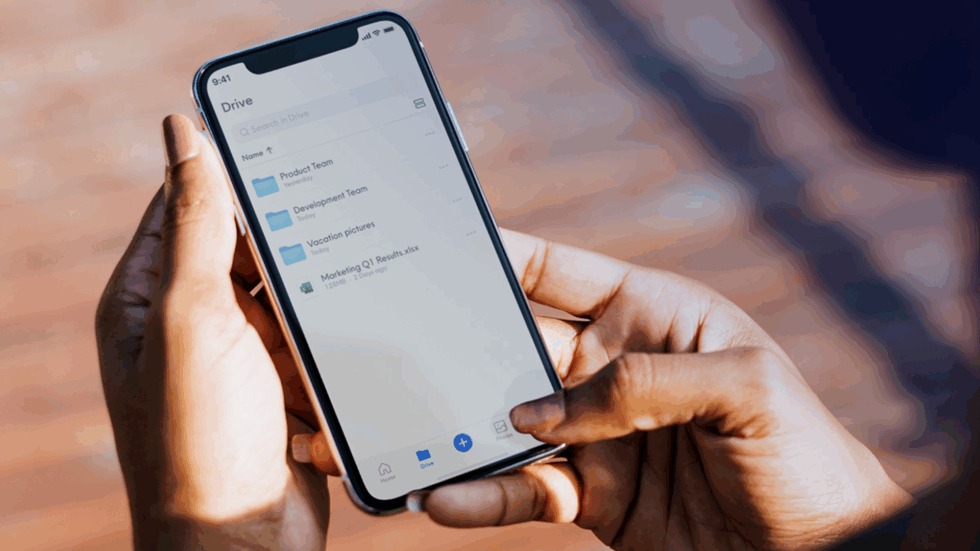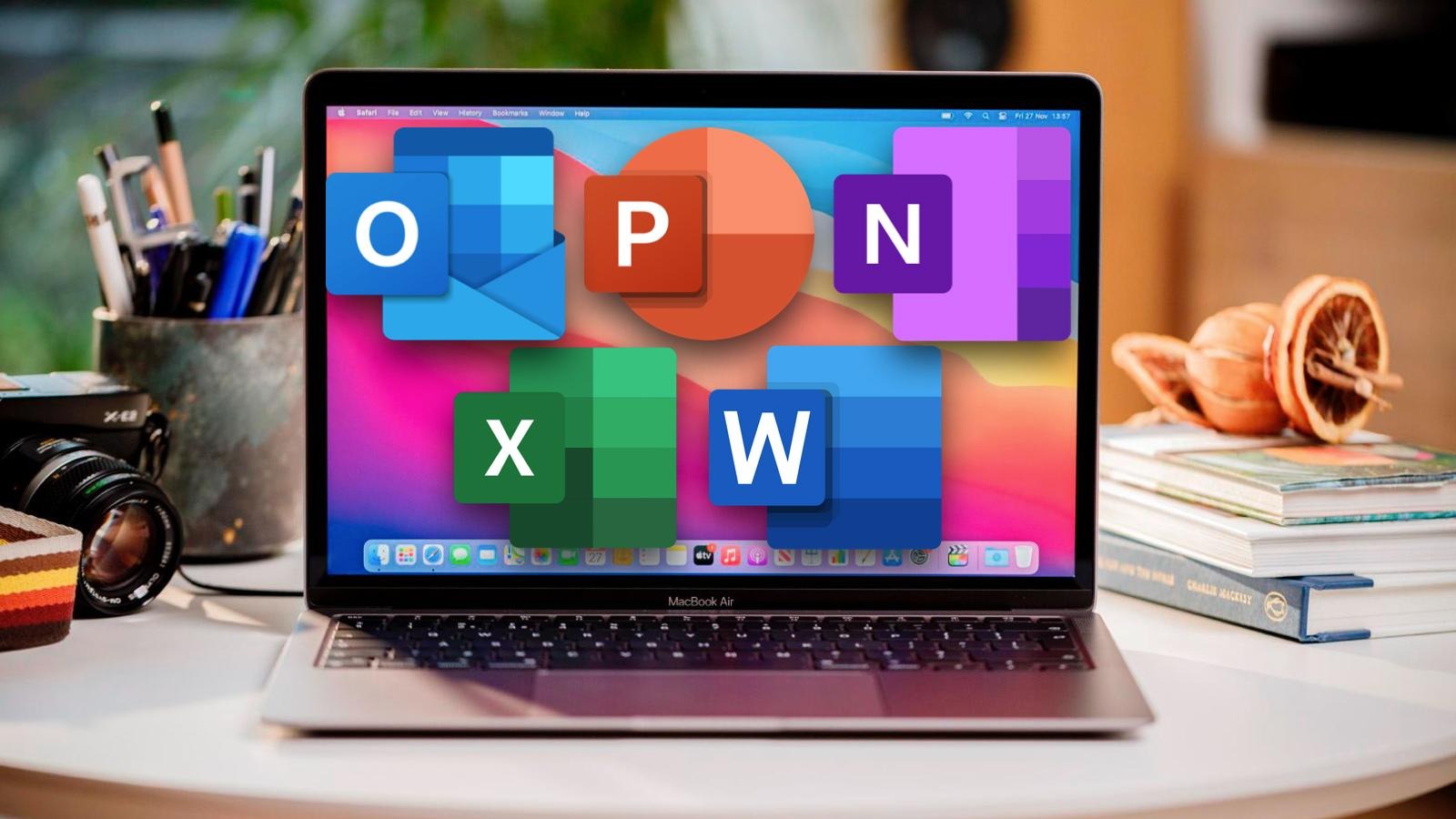Artificial Intelligence (AI) is no longer just a buzzword or something seen only in science fiction films. It's now an integral part of our everyday lives, with countless applications designed to make our day-to-day activities more efficient, productive, and enjoyable. Whether it's your smartphone, home appliances, or even the car you drive, AI has embedded itself in many tools and services we rely on daily. In 2025, AI is evolving even further, transforming how we interact with technology.
In this blog, we will explore some of the most innovative AI-powered tools that are simplifying and enhancing everyday tasks. From virtual assistants to personalized healthcare, these tools are reshaping our routines and offering new ways to navigate daily life.
The Role of AI in Daily Life
Artificial Intelligence is about creating systems and tools that can perform tasks that typically require human intelligence. This includes problem-solving, decision-making, pattern recognition, and learning from experience. In 2025, AI technologies have advanced significantly, offering smarter, more intuitive ways to interact with the world around us.
AI’s Integration into Our Daily Lives
AI-powered tools are no longer confined to tech-heavy industries or niche applications. Instead, they have spread across a variety of domains, including entertainment, health, transportation, and home management. These tools analyze massive amounts of data, recognize patterns, and make decisions—all in real-time. The result is a more personalized and efficient experience in nearly every aspect of daily life.
AI-Powered Tools Revolutionizing Your Day-to-Day Activities
From simplifying household tasks to improving personal productivity, AI-powered devices and services are helping to make our lives easier and more connected. Below are some of the best tools currently shaping everyday experiences in 2025.
1. Virtual Assistants: Your Personalized AI Help
Virtual assistants like Apple's Siri, Google Assistant, and Amazon's Alexa have become household names. However, by 2025, these virtual assistants have evolved significantly. They are no longer just voice-activated services; they now offer deep learning capabilities and more advanced conversational abilities.
How Virtual Assistants Have Evolved
In 2025, virtual assistants are smarter, more efficient, and can anticipate your needs with predictive capabilities. Instead of just following commands, they can now manage your schedule, provide health recommendations, control smart home devices, and even assist in work-related tasks. With AI learning from your preferences and behavior, your virtual assistant becomes more personalized over time.
Key Features:
Proactive Assistance: Suggesting things to do based on your calendar, weather conditions, or even health data.
Integrated Home Automation: Control your home environment through voice or gestures, from lighting and temperature to appliances and security.
Seamless Multitasking: Schedule meetings, answer questions, order groceries, and send messages all through one assistant.
2. AI in Health and Fitness: Personal Trainers and Monitors
Maintaining good health has always been a priority, but today, AI can help take it to the next level. Wearable devices and AI-powered health apps are changing how we approach fitness, from personalized workout plans to real-time health monitoring.
How AI Improves Health and Fitness
In 2025, AI-driven health apps and devices will use real-time data to provide tailored fitness programs and track health metrics. These tools analyze everything from your sleep patterns and heart rate to your activity levels and nutrition. AI will also integrate with telemedicine, offering real-time consultations and health assessments. This AI-driven approach will be an indispensable part of your fitness journey.
Key Features:
Personalized Workout Plans: Apps and wearables like smartwatches will create fitness routines based on your progress, goals, and current health data.
Health Monitoring: Wearables will track heart rate, blood pressure, and even stress levels, alerting you when it's time to make adjustments.
Diet Recommendations: AI-powered nutrition apps can suggest meal plans based on your health data and fitness goals.
3. AI-Driven Smart Homes: Control at Your Fingertips
Smart home devices are increasingly popular, and AI is making them smarter and more intuitive. By 2025, AI will take home automation to the next level, allowing you to interact with and manage your home in ways that were previously unimaginable.
How AI Enhances Home Automation
AI-based smart home systems will learn your habits, preferences, and routines, adapting to them in real time. For example, if you always adjust the thermostat before bed, your system will automatically make those changes for you. Smart kitchens could recognize ingredients, suggest recipes based on what you have, and even help you cook by guiding you step-by-step.
Key Features:
Personalized Environment: AI can adjust lighting, temperature, and even music based on your preferences, creating the perfect ambiance.
Voice-Controlled Automation: Control everything from locks to appliances, security systems, and entertainment with voice commands.
Smart Energy Management: AI will monitor energy usage, suggesting ways to save on electricity and reducing unnecessary consumption.
4. AI-Powered Transportation: Smarter Travel Choices
Transportation is another area where AI is making significant strides. With autonomous vehicles, intelligent traffic systems, and real-time route optimization, AI is changing how we travel, both on the road and in the air.
How AI is Reshaping Transportation
In 2025, self-driving cars and AI-powered traffic systems will help reduce congestion, enhance safety, and improve fuel efficiency. With AI’s ability to analyze vast amounts of data from sensors, cameras, and road conditions, autonomous vehicles will make smarter, more efficient decisions. Additionally, AI will be used to optimize public transportation routes, offering real-time updates and personalized travel recommendations.
Key Features:
Self-Driving Cars: Fully autonomous vehicles will be able to drive themselves, making travel more convenient and efficient.
Optimized Traffic Flow: AI will predict traffic conditions and offer alternative routes, saving time and reducing congestion.
Personalized Travel Routes: Based on your preferences and real-time data, AI can suggest the fastest or most scenic routes, tailored to your needs.
5. AI in Entertainment: Personalized Content and Recommendations
Gone are the days of endlessly scrolling through streaming services to find something to watch. AI has revolutionized entertainment by offering highly personalized content recommendations that cater to your tastes, mood, and even time of day.
How AI is Changing Entertainment Consumption
AI-powered platforms like Netflix, Spotify, and YouTube are already using algorithms to suggest movies, music, and videos based on your preferences. However, by 2025, these platforms will have even more refined AI, offering content recommendations with a much deeper understanding of your unique preferences and emotional state. Additionally, AI-driven interactive experiences—like personalized virtual reality games and augmented reality apps—will transform how we engage with entertainment.
Key Features:
Emotion-Based Recommendations: AI can gauge your mood through biometric data or behavior to suggest movies, music, or activities that suit your emotional state.
Dynamic Content Creation: AI will create personalized content, such as custom playlists or even interactive TV shows, based on your likes and preferences.
Smart Content Search: With improved natural language processing, you’ll be able to ask your AI assistant for entertainment suggestions using natural, conversational language.
The Future of AI: Integration Across Devices and Platforms
One of the most exciting things about AI is its ability to integrate with multiple platforms and devices, creating a seamless experience across your life. In 2025, AI will not just be confined to your phone or home—it will extend to the workplace, healthcare, retail, and more. Imagine a world where all your devices are connected, and your AI assistant is always learning, adapting, and evolving to meet your needs.
AI as a Unified Personal Assistant
By 2025, AI will become a central hub that unifies all of your devices and services. It will act as a personal assistant that anticipates your needs, arranges your day, and connects you to the best resources available. Whether you’re working, traveling, or relaxing, your AI assistant will manage your activities with minimal input required from you.
Continuous Learning and Adaptation
AI systems will continuously learn from your preferences, routines, and behavior, becoming more efficient at predicting your needs. With the use of advanced machine learning and neural networks, AI will offer personalized solutions that go beyond simple task management, helping to optimize your entire lifestyle.
Artificial Intelligence is no longer a futuristic concept—it’s part of our everyday lives. From virtual assistants to AI-driven health trackers and home automation systems, AI tools are simplifying daily tasks, enhancing productivity, and enriching our experiences. As we look to the future, AI is set to play an even more prominent role in our lives, becoming an indispensable part of everything we do. Whether you're at home, at work, or on the go, AI is here to simplify your day and enhance your life.




